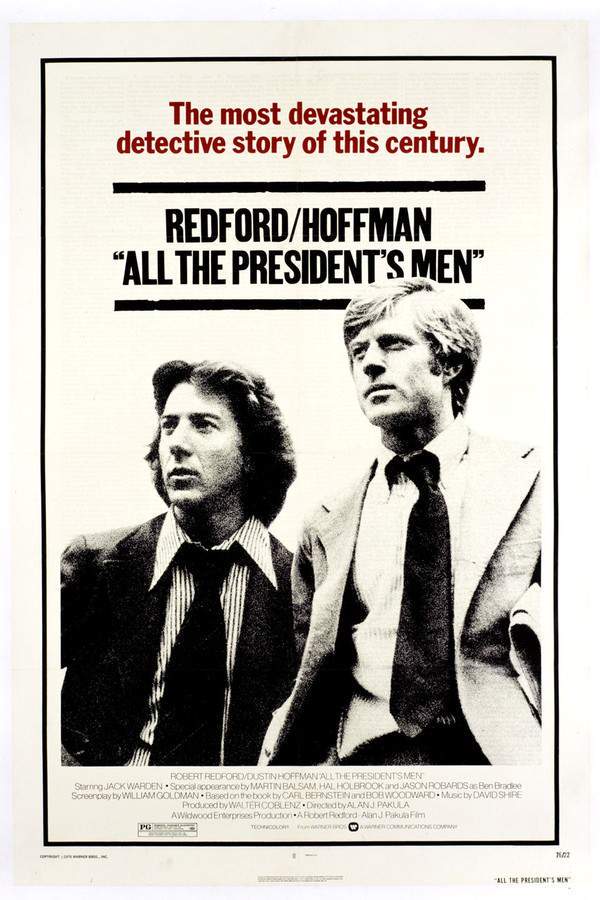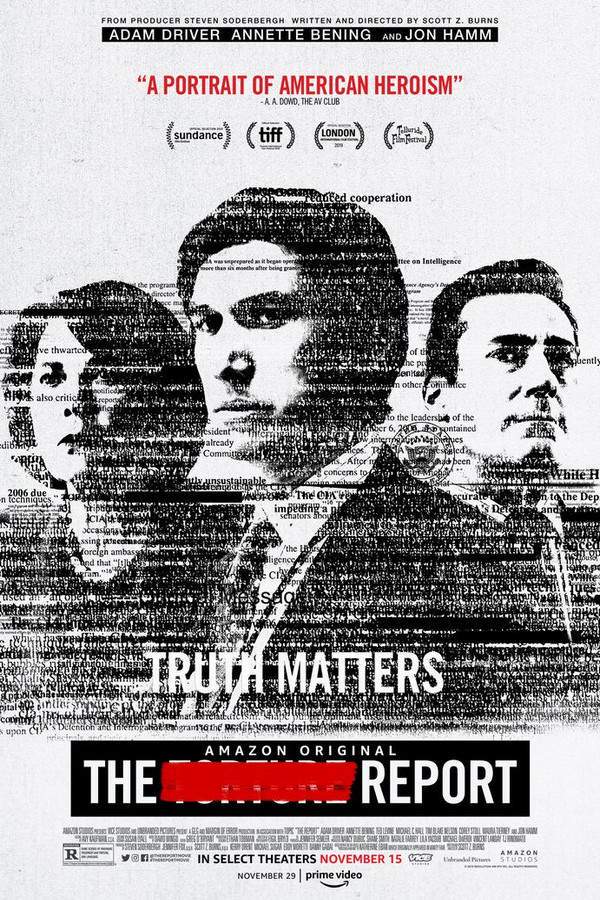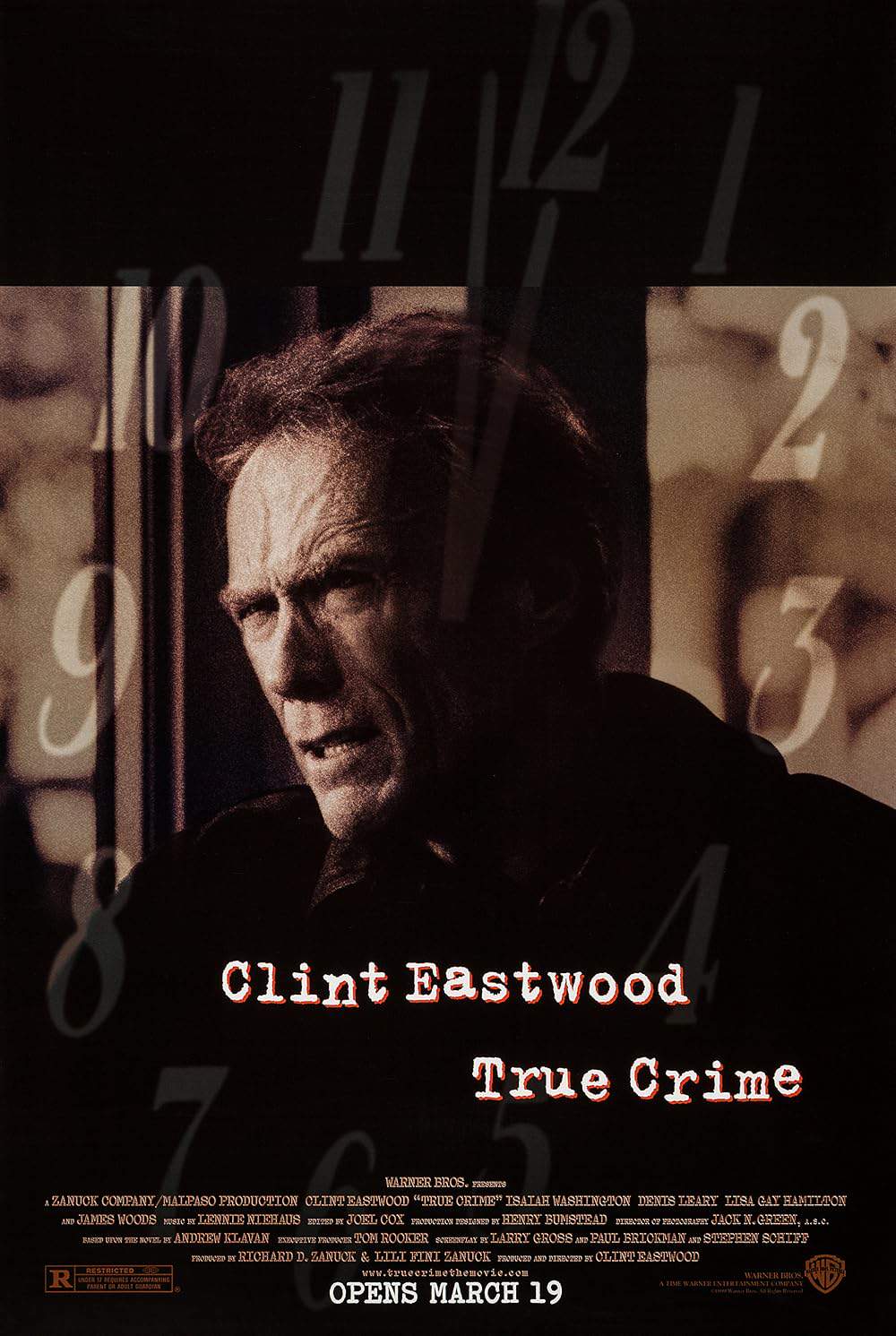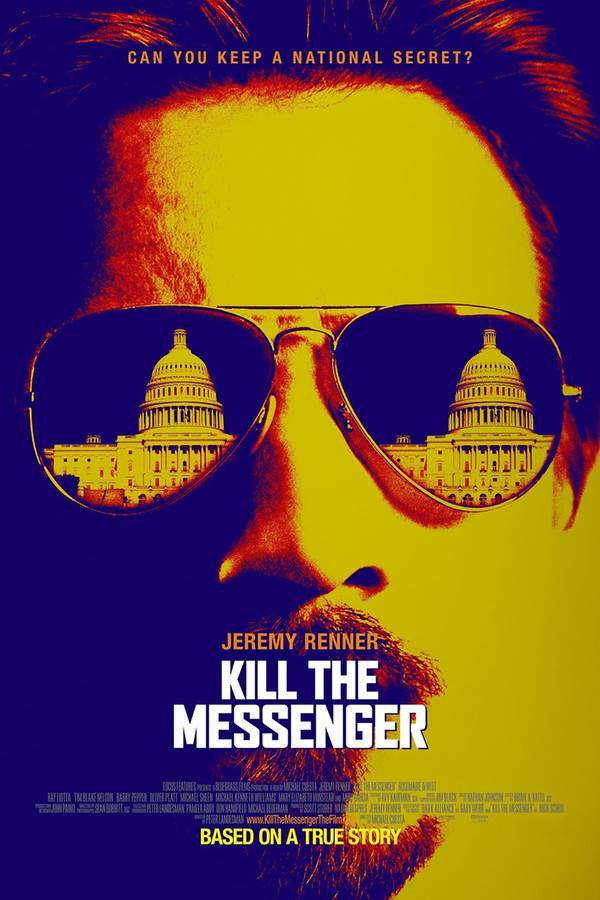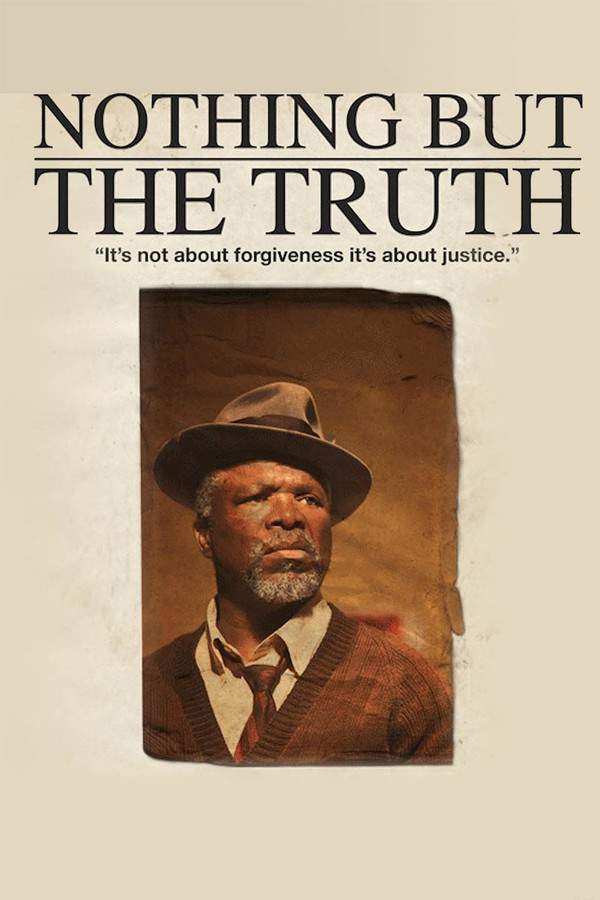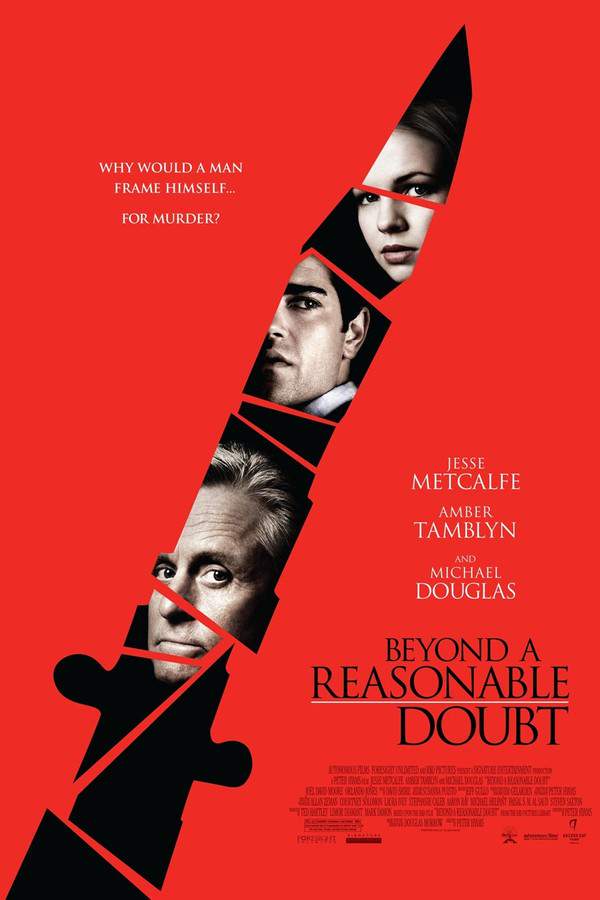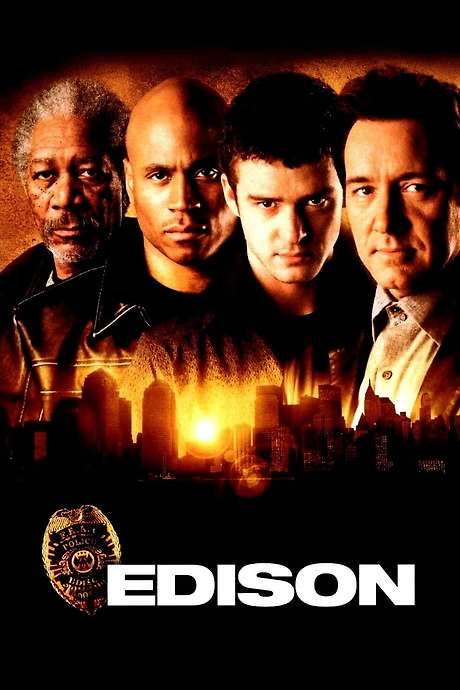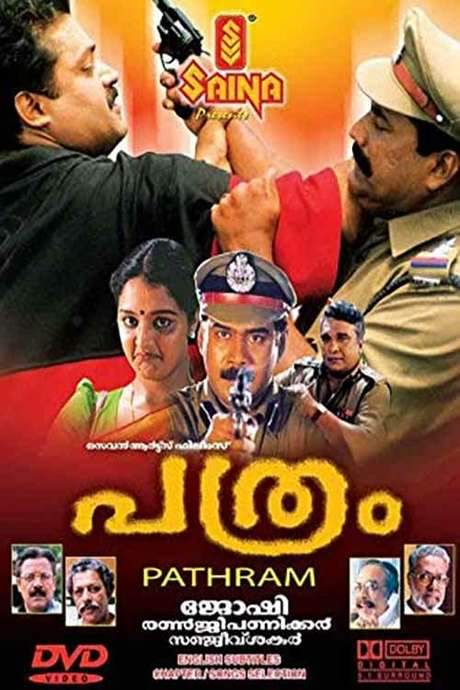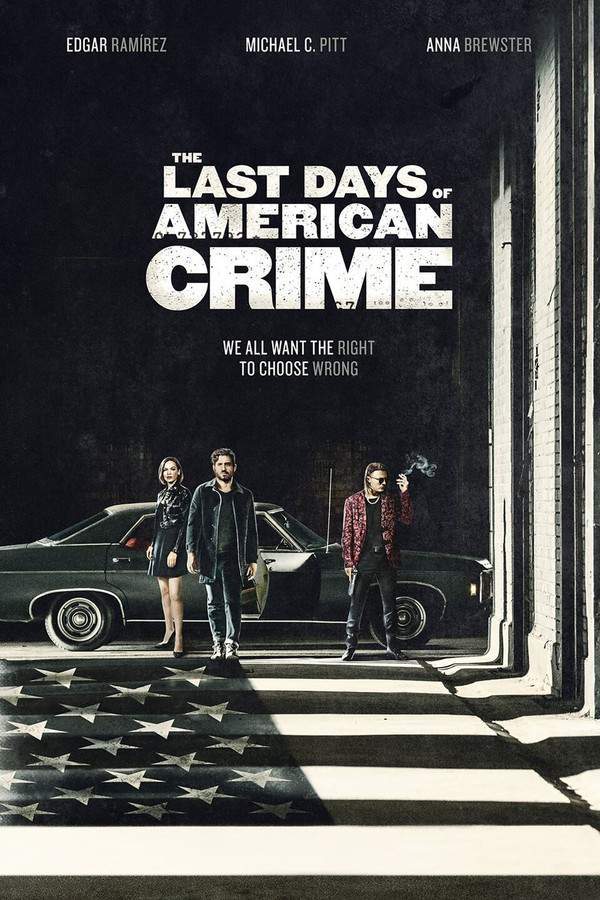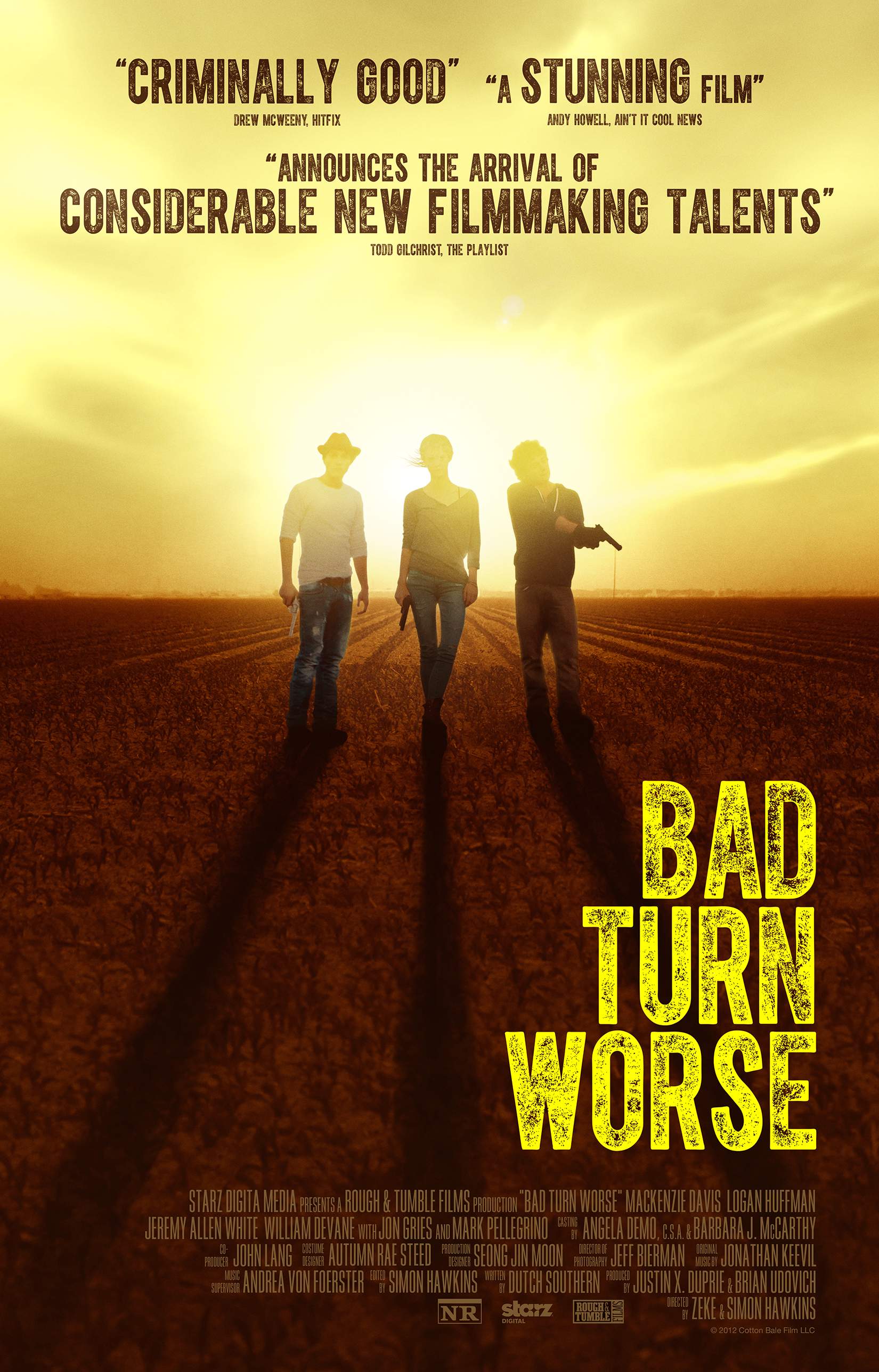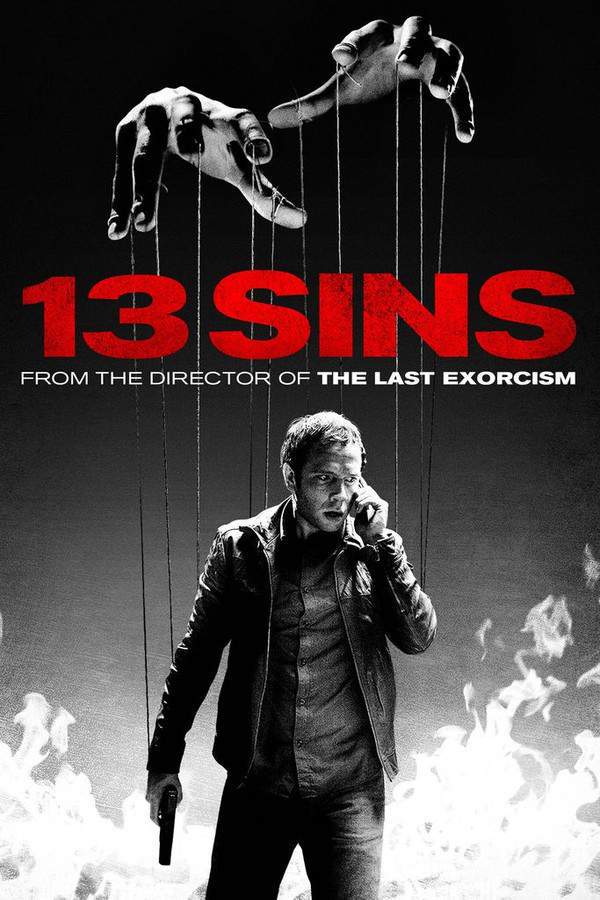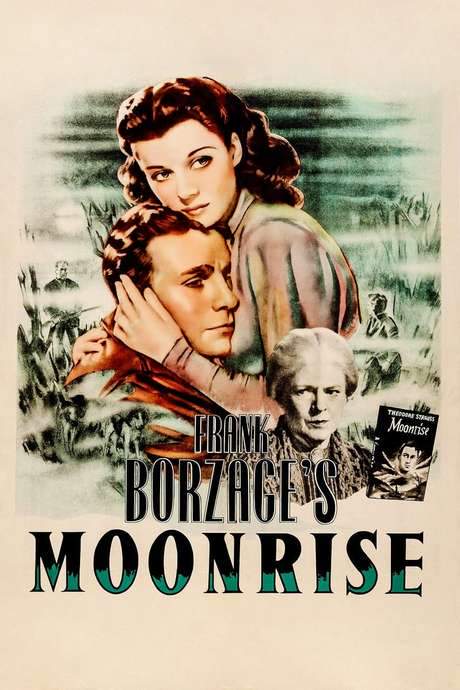
Five Star Final
Year: 1931
Runtime: 89 mins
Language: English
Director: Mervyn LeRoy
A picture as sensational as its subject! Driven by a ruthless pursuit of headlines, a corrupt newspaper magnate compels his editor to publish a sensational serial dramatizing a long‑ago murder, thereby subjecting the surviving woman to relentless public humiliation and psychological torment.
Warning: spoilers below!
Haven’t seen Five Star Final yet? This summary contains major spoilers. Bookmark the page, watch the movie, and come back for the full breakdown. If you're ready, scroll on and relive the story!
Five Star Final (1931) – Full Plot Summary & Ending Explained
Read the complete plot breakdown of Five Star Final (1931), including all key story events, major twists, and the ending explained in detail. Discover what really happened—and what it all means.
In this tense social thriller, Joseph W. Randall, Edward G. Robinson, is the managing editor of the New York Evening Gazette. He has spent years trying to legitimize the paper by dialing back sensationalism and foregrounding responsible reporting, yet the paper’s circulation has fallen sharp and cold. When owner Bernard Hinchecliffe contemplates a dramatic comeback—a retrospective on a 20-year-old murder to rekindle interest—Randall reluctantly agrees to pursue the scandal. The case centers on Nancy Voorhees, a stenographer who shot her boss after he reneged on a promise to marry her. The verdict had been softened by the jury’s sympathy for her pregnancy, and Nancy was acquitted, a twist of fate that still haunts the city’s memory.
Nancy Voorhees, now married to Michael Townsend, lives under the calm surface of respectable society with their daughter Jenny Townsend, who believes Townsend is her father and is poised to marry Philip Weeks, a scion of a socially prominent family. The plan to reopen the old wound is meant to boost sales, but Randall’s appetite for dirt is uncomfortably matched by the town’s long memories and private fears. To dig up fresh dirt, he assigns the unscrupulous reporter George E. Stone as Ziggie Feinstein to work alongside Ona Munson as Kitty Carmody, a pair who will stop at nothing to harvest a sensational headline. The mission hinges on a figure who can pretend spiritual absolution while quietly pulling strings—Reverend T. Vernon Isopod, a con man masquerading as a minister, skillfully wheedling the confidence of the bride’s anxious parents.
Isopod’s ploy is cunning: he gains access to the Townsend home, and the family unwittingly hands him a photo of Jenny. The moment Michael learns of the ruse, he phones the church in a scramble to avert disaster. Randall’s secretary, Miss Taylor, disillusioned by the entire affair, spends a tense night at a speakeasy and then bluntly tells her boss what she thinks. In short order, Isopod appears in the newsroom, drunk but full of information, and Randall seizes the opportunity to stage a dramatic, five-star photo layout that could revitalize the newspaper’s fortunes.
What follows is a cascade of converging crises. Randall sends Ziggie Feinstein and Kitty Carmody to document the Townsend apartment, while the Townsends make a desperate bid to keep the wedding from collapsing. Michael, torn between protecting his wife’s memory and facing the relentless glare of the press, tries to manage a family crisis that is rapidly becoming a public spectacle. Nancy, overwhelmed by renewed scrutiny, pleads with Randall to drop the story, but he resists. The tragedy accelerates when Nancy kills herself with poison, and Michael returns home to find her body. In a cruel twist of calculation, he pretends to be deep in a phone conversation with Nancy to spare Jenny and Phillip the truth, then, unable to bear the weight of the events, he too takes his own life in the bathroom.
Carmody and Ziggie manage to capture the aftermath on film, and they relay the footage to Randall, who sees a sensational finale taking shape. The next day, Phillip’s parents pull Jenny aside to cancel the wedding, and Phillip himself arrives to stand up for his commitment. Randall, by now teetering on the edge of ruin, drinks himself into a sorrowful numbness and orders the night desk to drop the story, hoping to salvage what remains of his conscience.
Hinchecliffe’s fear of scandal clashes with the newsroom’s appetite for numbers. His underlings crave the dramatic gains, even as Jenny confronts the people who killed her mother—“crimes” committed in the name of circulation. Randall, confronted with the truth, confesses that the newspaper’s sensationalist drive fed the murders by turning them into headlines. Jenny points a gun at the editor, and Phillip arrives just in time to forego a tragedy, delivering a blistering rebuke that lands like a bolt: he proclaims that they have grown rich on filth and that someone must crush this machine of noise. He threatens to hunt them down if her mother’s name is ever dragged through the paper again.
In the tense aftermath, Randall renounces Hinchecliffe and resigns, leaving behind a legacy of guilt and a city half convinced that truth and profit share a fragile, dangerous balance. Miss Taylor, equally shaken, follows him as the chapter closes on a world where a newspaper’s power can topple lives and rewrite souls. The final image lingers on a single sheet of newsprint—a copy of the New York Evening Gazette proclaiming that the suicide victims have been buried—swept away by rain, a quiet echo of the cost of chasing circulation.
Last Updated: October 09, 2025 at 12:40
Explore Movie Threads
Discover curated groups of movies connected by mood, themes, and story style. Browse collections built around emotion, atmosphere, and narrative focus to easily find films that match what you feel like watching right now.
Movies about journalistic corruption like Five Star Final
Thrillers exposing the ruthless and morally bankrupt pursuit of headlines.If you liked the scathing critique of media ethics in Five Star Final, this thread features films with similar themes. Explore other movies and stories about ruthless journalism, sensationalism, and the devastating human cost of the relentless pursuit of headlines.
Narrative Summary
Stories in this thread typically follow an institution or individual in the media industry who chooses sensationalism over truth. The narrative unfolds as their actions escalate, causing direct harm to subjects and leading to a crisis of conscience or a tragic reckoning, highlighting the conflict between public interest and private ruin.
Why These Movies?
Movies are grouped here for their shared focus on the theme of media ethics gone wrong. They create a tense, cynical atmosphere and often feature fast-paced narratives driven by the escalating consequences of unethical decisions, resulting in a heavy emotional weight and a critical view of the press.
Fast-paced moral collapse stories like Five Star Final
Fast-paced stories where a single decision spirals into devastating consequences.For viewers who appreciated the frenetic pace and heavy consequences in Five Star Final, this list finds similar movies. Discover other intense dramas where characters face a swift moral descent, leading to tragic outcomes and a somber, thought-provoking ending.
Narrative Summary
The narrative pattern involves a catalyst—often a professional or financial pressure—that sets a character on an irreversible path. The story moves quickly from one crisis to the next, with little respite, building an overwhelming sense of doom. The climax typically involves a tragic event (like a suicide) that serves as a bitter reckoning, offering a sliver of remorse but no true redemption.
Why These Movies?
These films share a specific mix of high intensity, fast pacing, and a tense, grim tone. They are united by the experience of watching a moral collapse happen at a breakneck speed, resulting in a heavy, emotionally taxing story with a ultimately bittersweet or bleak conclusion.
Unlock the Full Story of Five Star Final
Don't stop at just watching — explore Five Star Final in full detail. From the complete plot summary and scene-by-scene timeline to character breakdowns, thematic analysis, and a deep dive into the ending — every page helps you truly understand what Five Star Final is all about. Plus, discover what's next after the movie.
Five Star Final Timeline
Track the full timeline of Five Star Final with every major event arranged chronologically. Perfect for decoding non-linear storytelling, flashbacks, or parallel narratives with a clear scene-by-scene breakdown.

Characters, Settings & Themes in Five Star Final
Discover the characters, locations, and core themes that shape Five Star Final. Get insights into symbolic elements, setting significance, and deeper narrative meaning — ideal for thematic analysis and movie breakdowns.

Five Star Final Spoiler-Free Summary
Get a quick, spoiler-free overview of Five Star Final that covers the main plot points and key details without revealing any major twists or spoilers. Perfect for those who want to know what to expect before diving in.

More About Five Star Final
Visit What's After the Movie to explore more about Five Star Final: box office results, cast and crew info, production details, post-credit scenes, and external links — all in one place for movie fans and researchers.

Similar Movies to Five Star Final
Discover movies like Five Star Final that share similar genres, themes, and storytelling elements. Whether you’re drawn to the atmosphere, character arcs, or plot structure, these curated recommendations will help you explore more films you’ll love.
Explore More About Movie Five Star Final
Five Star Final (1931) Scene-by-Scene Movie Timeline
Five Star Final (1931) Movie Characters, Themes & Settings
Five Star Final (1931) Spoiler-Free Summary & Key Flow
Movies Like Five Star Final – Similar Titles You’ll Enjoy
The Five of Us (2004) Spoiler-Packed Plot Recap
5ive Days to Midnight (1000) Plot Summary & Ending Explained
Five Corners (1987) Plot Summary & Ending Explained
Five Star Murder (2023) Film Overview & Timeline
Five Minutes to Live (1961) Plot Summary & Ending Explained
Street Scene (1931) Story Summary & Characters
Deadline - U.S.A. (1952) Plot Summary & Ending Explained
Five Miles to Midnight (1962) Plot Summary & Ending Explained
The Funeral (1996) Complete Plot Breakdown
Moonrise (1948) Film Overview & Timeline
An American Tragedy (1931) Full Movie Breakdown
Five and Ten (1931) Story Summary & Characters
5 Against the House (1955) Story Summary & Characters
Five Women for the Killer (1974) Story Summary & Characters
New York Confidential (1955) Spoiler-Packed Plot Recap

